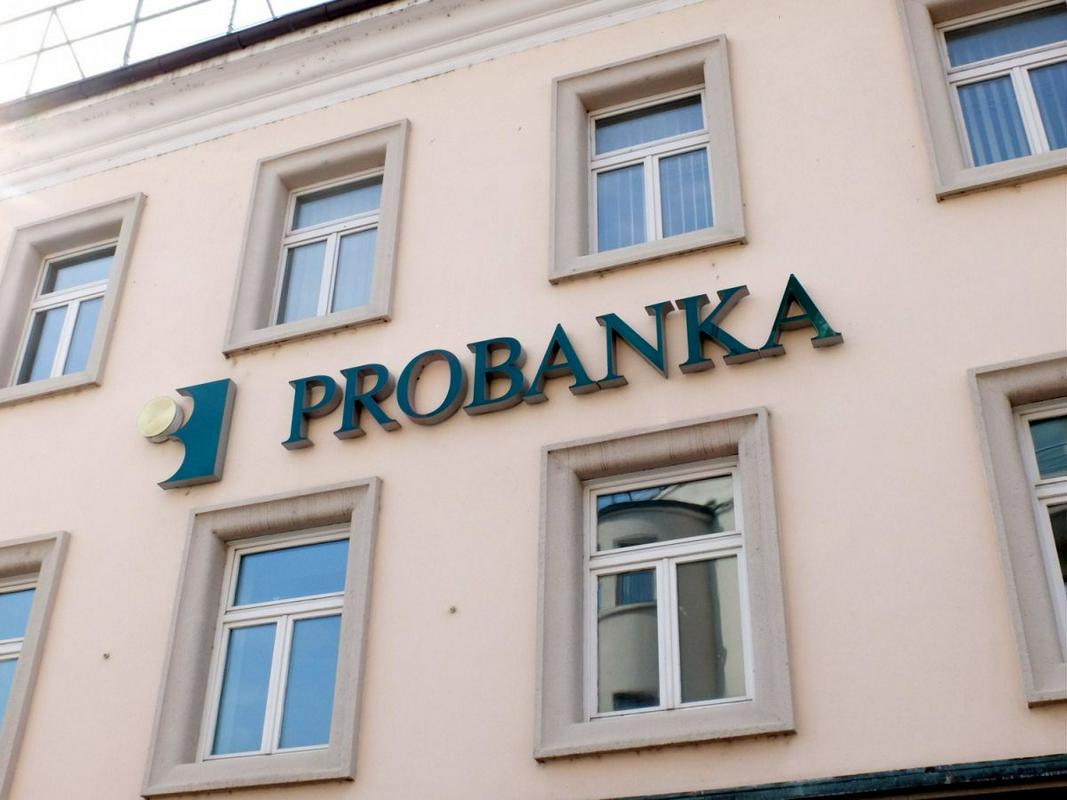“Six investigations are underway at company offices in and around Ljubljana, Maribor and Celje, where the police is searching for and confiscating evidence," explained the General Police Directorate. "Unlawful gains worth 17 million euros have been made through criminal activities," added the police.
According to available information bankers from Probanka, which had its headquarters in Maribor between the years 2008 and 2010, approved several loans to four companies even though they knew the companies were not capable of paying back the loans. Contrary to regulations and good banking practices, the loans were not even adequately insured, explained the police.
Crime officers assume that the suspects gave loans to companies which were not entitled to get any loans and were not even creditworthy. Some of the companies even operated with losses. According to the crime investigators the bankers knew that the companies could not pay back the loans, and thus violated a number of banking regulations, internal rules, and even the Banking Act.
Among the suspects are the former head of Probanka, Romana Pajenk, and former members of the bank's management, Milan Lah and Vito Verstovšek. They are suspected to be guilty of abuse of office for approving loans to companies owned by Tomaž Ročnik, the brother of Probanka boss Pajenk. According to other media reports other suspects are the former head of the bank's Maribor offices and head of Profectus, Borut Bizjak, and the former director of commercial banking at Probanka, Peter Lobnik. The loans given to the Klasje Celje and Pekarne Ptuj companies were reportedly worth five million euros. The money in question was intended for one of Tomaž Ročnik's companies, who then allegedly used the same money to purchase NKBM shares owned by Probanka.
Probanka folded into the BAMC
The assets of Probanka, together with the assets of Factor bank, were folded into the Bank Assets Management Company at the beginning of the year following a government decision. The banks consequently lost their banking licenses and closed down. That is why BAMC still holds documentation connected to the loans given out by the two banks.



































































